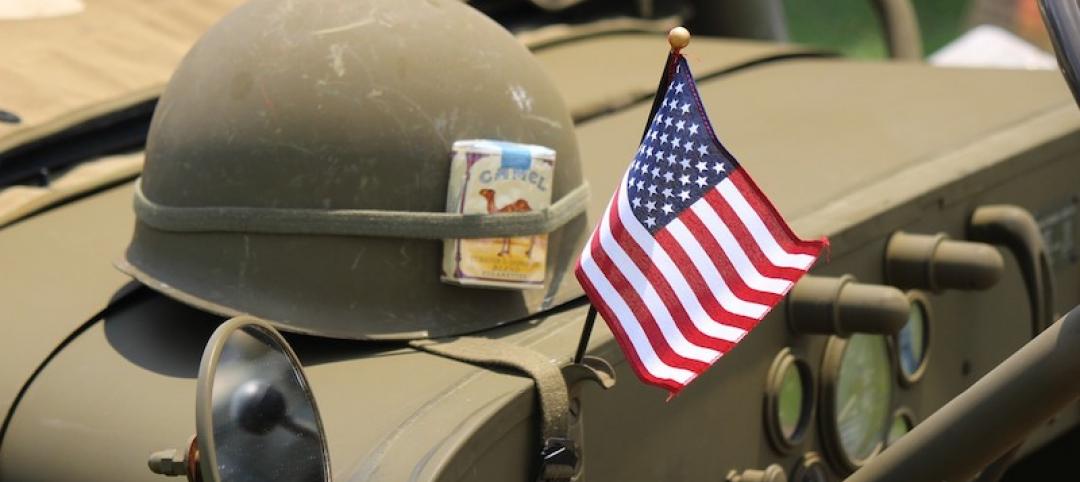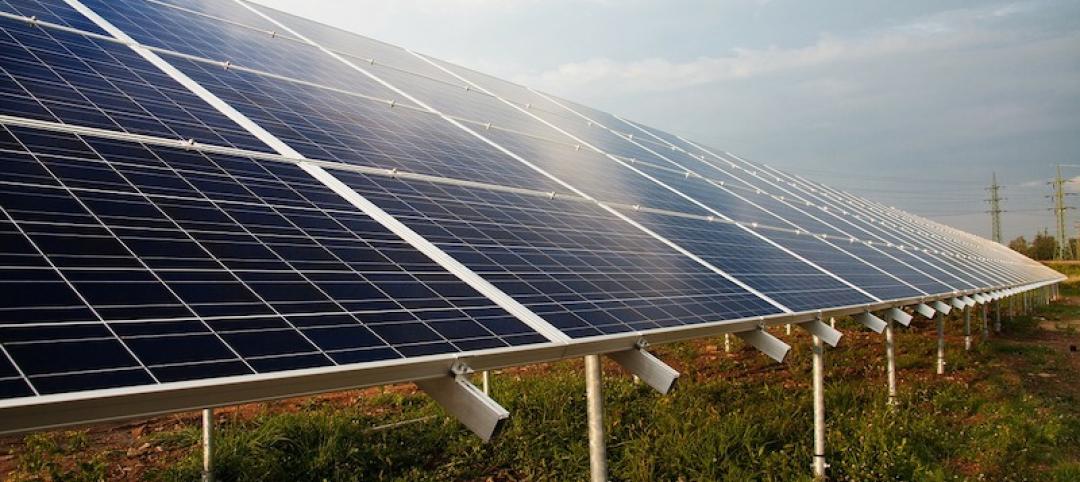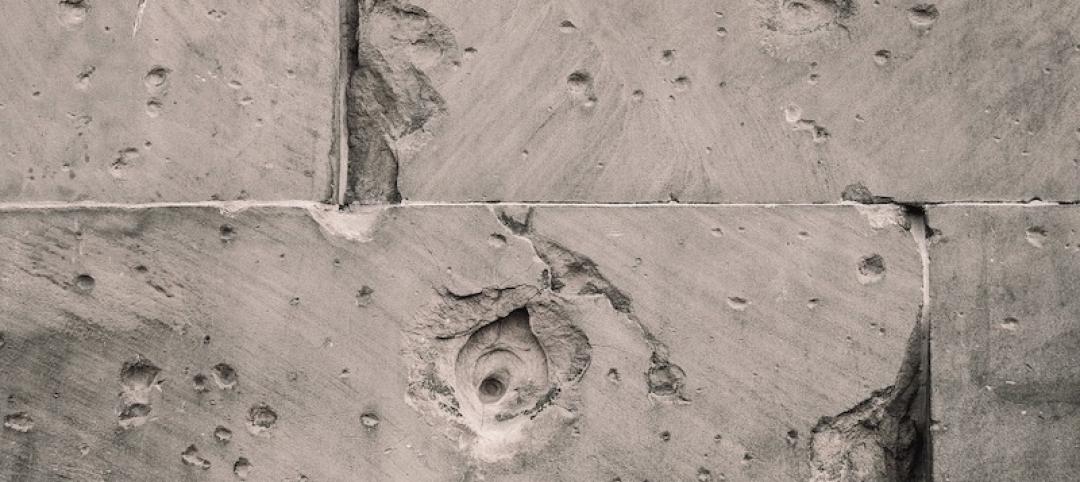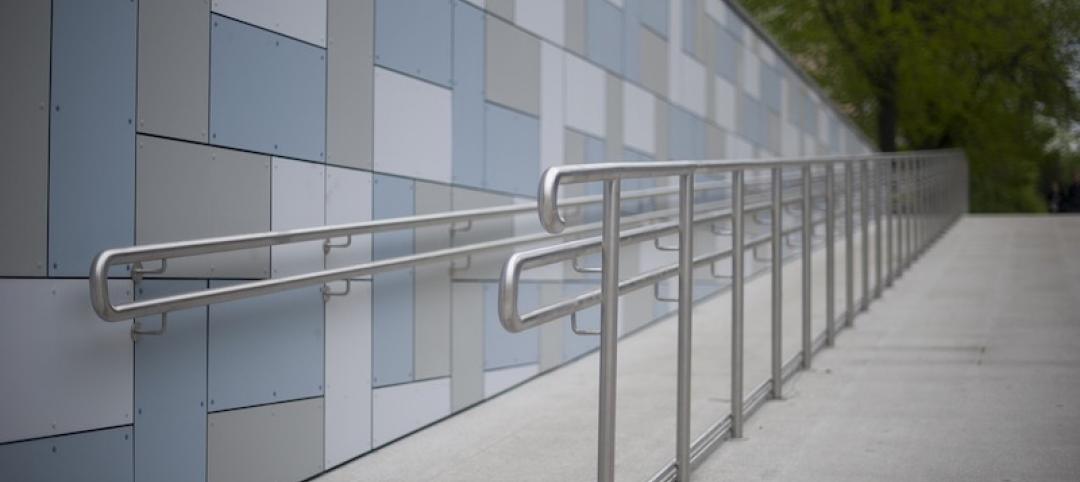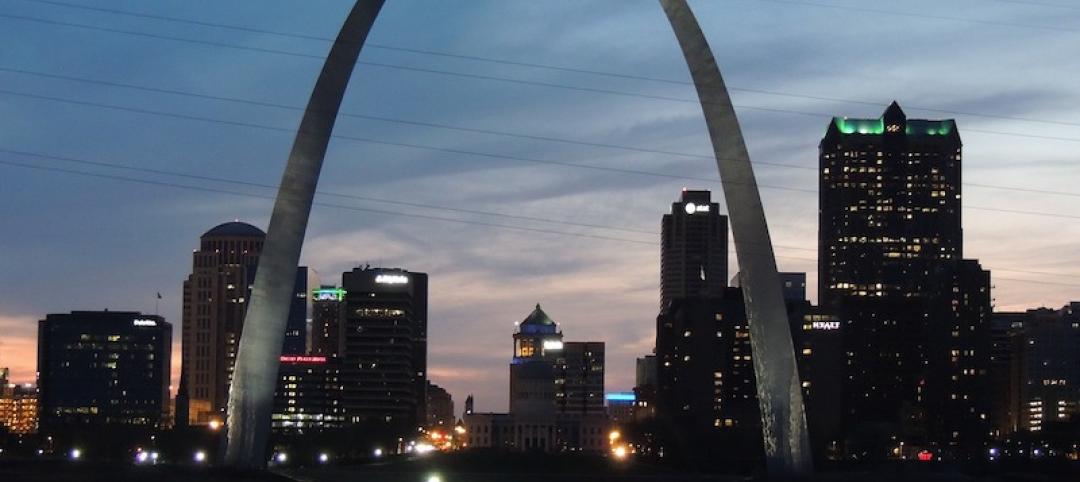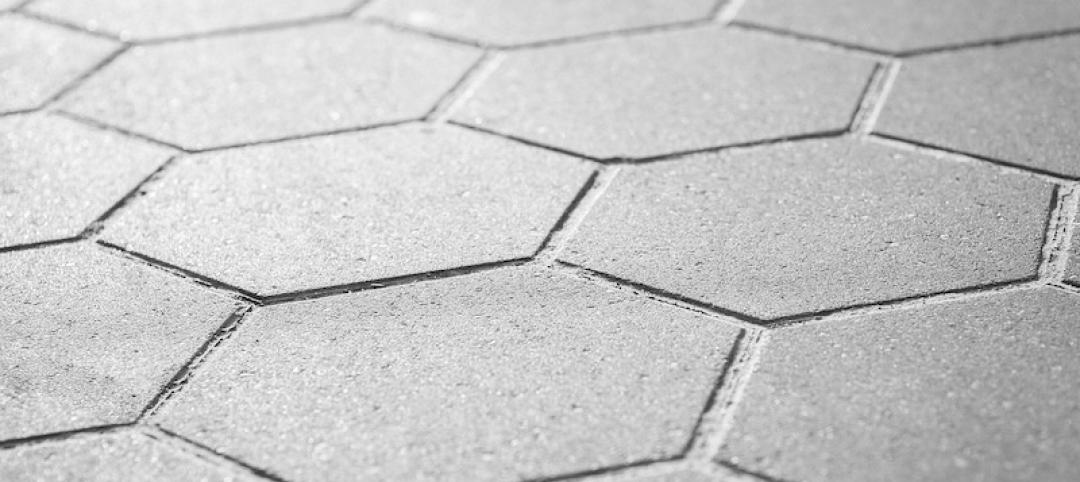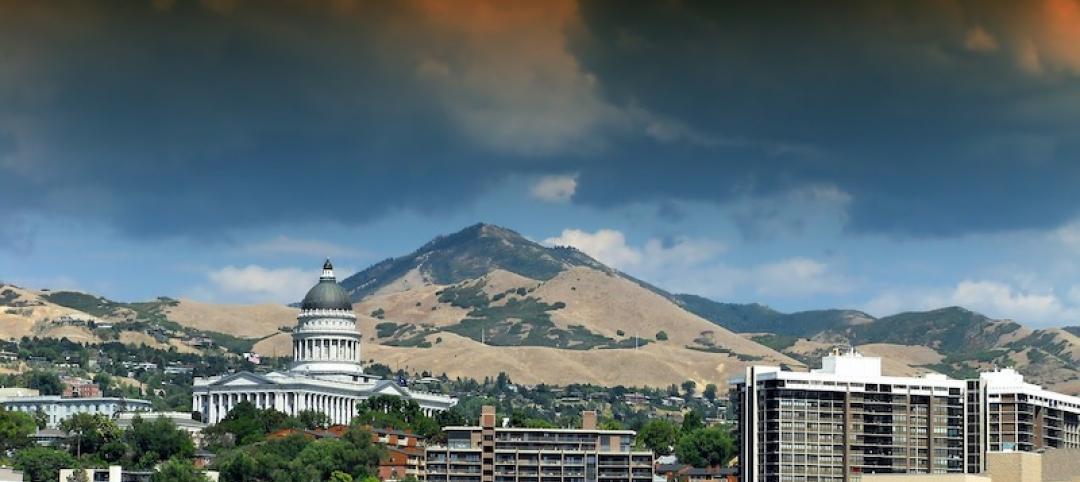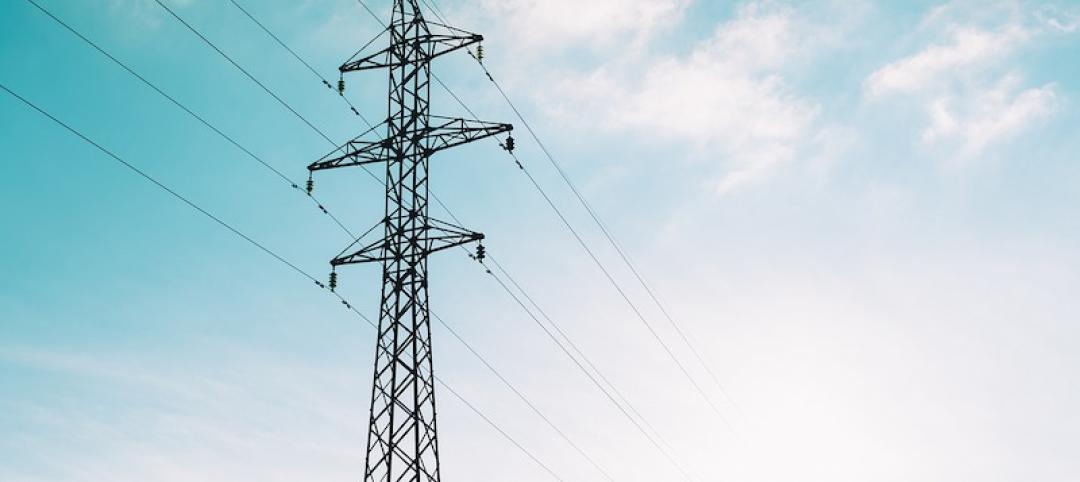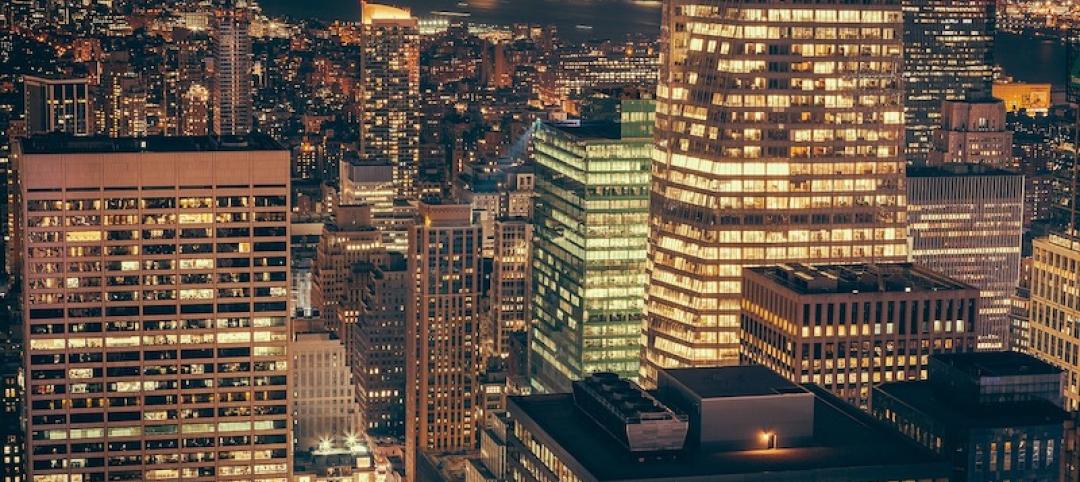Glass facades cause an estimated 750 million bird deaths each year, according to estimates by the U.S. Fish and Wildlife Service.
At some properties, the problem is so bad that skyscraper owners hire workers to remove dead birds from the base of their buildings. To address the problem, the American Bird Conservancy created two avian research facilities at the Powdermill Nature Reserve near Pittsburgh and another inside a modified shipping container at the Bronx Zoo.
The group partnered with the US Green Building Council to develop a LEED pilot credit for incorporating bird collision deterrence into new buildings. This credit aims to make buildings as visible to birds as possible by incorporating through-glass technologies, exterior building treatments like screens and louvers, and decreased night lighting levels.
That measure has become LEED’s most popular pilot credit. Legislation in San Francisco, Oakland, and other Bay Area cities established citywide bird safe building standards. Mandatory and voluntary ordinances have also been passed in New York, Minnesota, and Toronto.
Related Stories
Codes and Standards | Oct 28, 2019
U.S. military demands landlords address health hazards in troop housing
Air Force threatens formal dispute process.
Codes and Standards | Oct 24, 2019
ASHRAE design contest winners demonstrate building resilience
Model building, a city hall, could operate without utility service for two weeks.
Codes and Standards | Oct 22, 2019
Efficient material design, low-carbon concrete are critical to cutting GHG emissions in construction
Enhancing building utilization and reusing materials also aid carbon reduction.
Codes and Standards | Oct 21, 2019
Historic properties not exempt from Americans With Disabilities Act
Some exceptions do apply.
Codes and Standards | Oct 18, 2019
St. Louis could save $61 million per year in energy costs by improved building performance
GHG gases can be reduced by at least 11% with upgrades to public buildings and large private buildings.
Codes and Standards | Oct 17, 2019
Slow payments cost GCs and subs $64 billion annually
Study finds 51-day average payment turnaround.
Codes and Standards | Oct 16, 2019
Cool pavement can make people hotter
Reflective coatings channel sunlight raising temperatures where pedestrians walk.
Codes and Standards | Oct 15, 2019
Utah adopts 2018 International Energy Conservation Code
Provisions include increased building envelope performance and reduced air infiltration.
Codes and Standards | Oct 14, 2019
States continue to beef up energy efficiency codes
ACEEE 50-state scorecard finds latest IECC code gaining adherents.
Codes and Standards | Oct 9, 2019
DOE releases Better Buildings Healthcare Financing Primer
Outlines financial strategies to implement energy-efficiency projects in healthcare.



